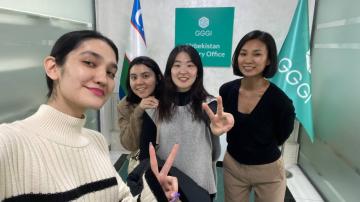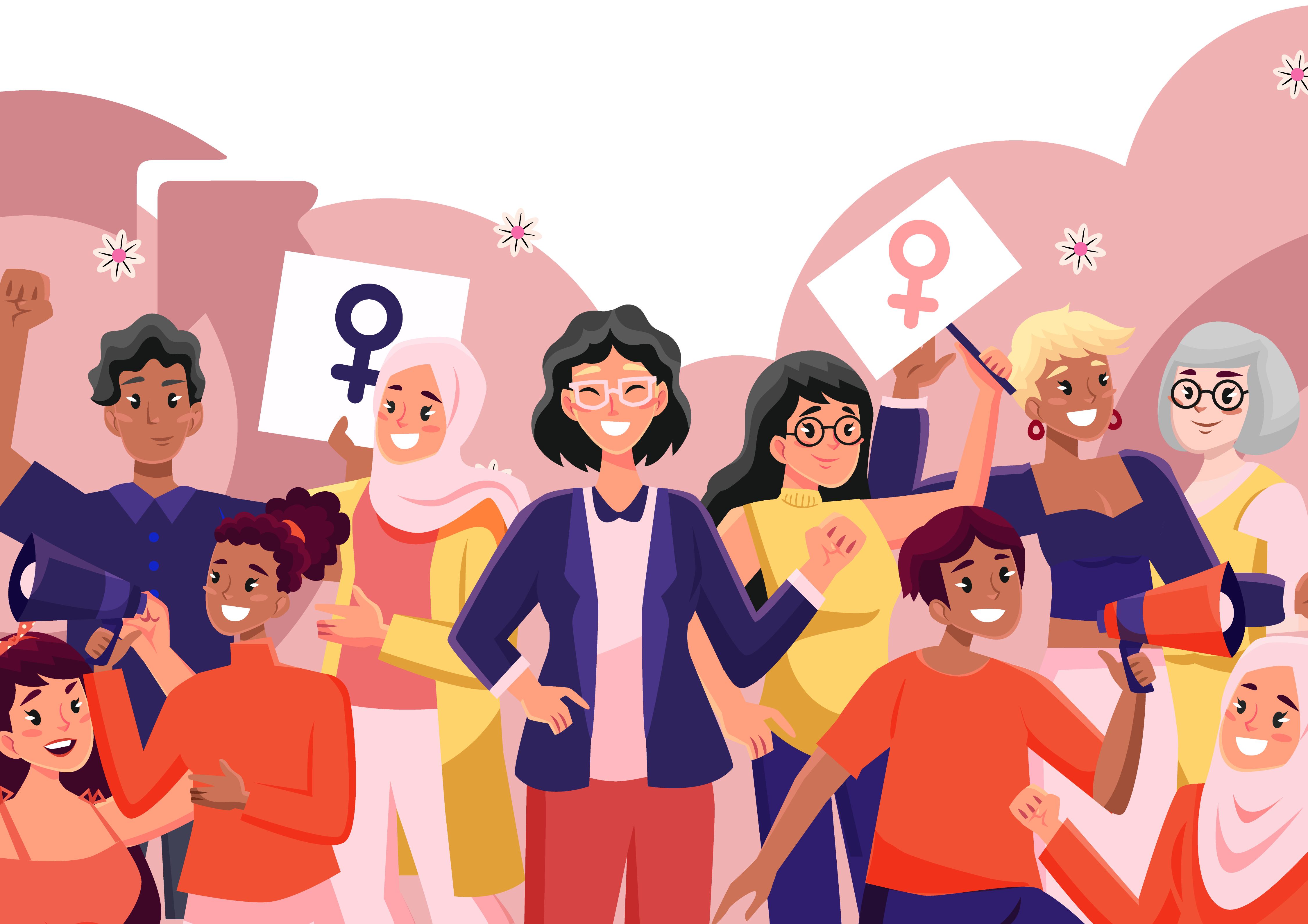
Congratulations to all on International Women's Day! Women have fought hard for their human rights, and the struggle continues. The Global Green Growth Institute (GGGI) considers equity and equality in all decisions, to empower women and other disadvantaged groups.
On the 8th of March, we do not only celebrate women gaining socio-economic rights, but also their efforts to unlock and leverage everyone's full potential. In GGGI Aral Sea GRIP's project region Karakalpakstan (Uzbekistan), women often feel oppressed by the idea of "female duties." At the March 6th tech4impact women's green tech startup event in Nukus (Karakalpakstan's capital), participants were asked to name reasons that keep women from entrepreneurship. One female participant shared that she gave up her pursuit of a Master's degree because her husband prohibited it and required that she dedicate her life to their children.

Aral Sea GRIP (Green Rehabilitation Investment Project for Karakalpakstan Republic to Address the Impacts of the Aral Sea Crisis), funded by Korea International Cooperation Agency (KOICA), focuses on empowering women in agriculture with knowledge about climate change adaptation. The project works with local farmers and micro, small and medium entrepreneurs in the four districts Bozataw, Chimbay, Karauzyak, and Kegeyli to develop their knowledge of ecologically sustainable farming methods and to improve their access to relevant green financing and services. Aral Sea GRIP engages local women in all project interventions. Project staff is conducting a gender-sensitive green employment assessment to boost green jobs in the region. The team has also tailor-made awareness-raising materials and capacity development curriculums to women and youth in the agriculture sector. The trainings and awareness raising campaign will reach at least 50% female participants. Gender-targeting is essential to make climate change adaptation a success.
At the tech4impact event, second place went to a young woman from Aral Sea GRIP's partner district Chimbay. Zlixa Sabirbayeva won 2000 USD seed investment in her new business to grow melons and watermelons on home-made vermicompost, with the surrounding soil protected by a cover. Her method reduces water use per hectare easily by two-thirds and makes growing melons in the local saline soil much more profitable. In Zlixa's case, her husband supports and promotes his partner's aspirations. Let's take that to heart and continue to encourage other allies to #EmbraceEquity to achieve gender equality today for a sustainable tomorrow!
